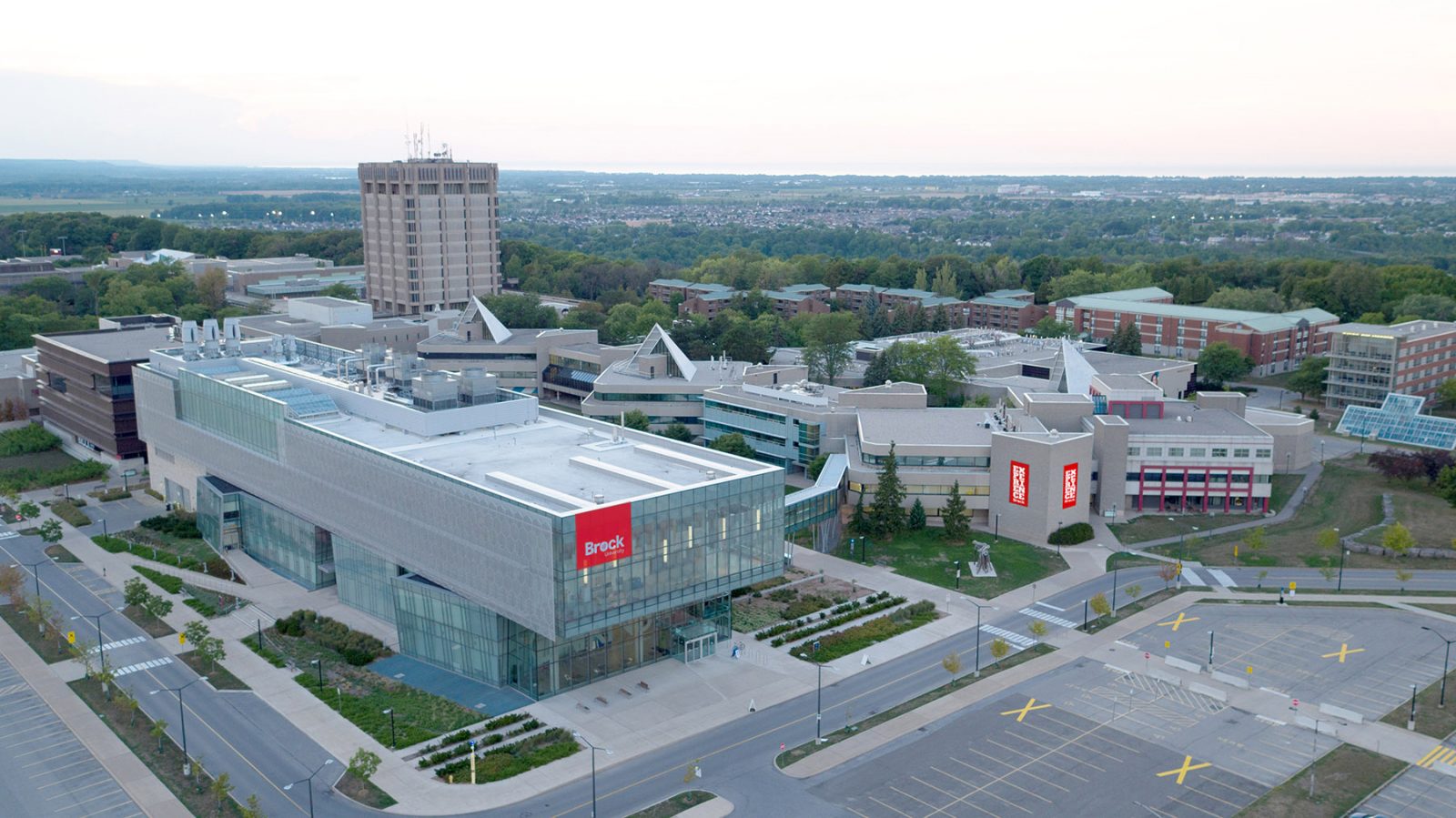When it comes to environmental sustainability, Brock University wants to lead by example.
While its students and researchers can often be found working with local communities to develop environmental initiatives, the University recognizes that in many cases, change begins at home.
With that mantra in mind, Brock has been working toward reducing its carbon footprint and increasing sustainability on its campuses. Building on the momentum of several initiatives already underway, the University has created an Environmental Sustainability Plan (ESP) to map its existing efforts and provide guidance into the future. The document aims to identify strategies, objectives and actions that will allow Brock to reduce its greenhouse gas emissions by 20 per cent by 2023 (based on 2013 levels).
A requirement of the $7.9 million in provincial government funding received by Brock through the Greenhouse Gas Campus Retrofits Program (GGCRP) in March, the plan covers the University’s environmental performance in energy conservation and greenhouse gas emissions reduction, environmental sustainability management and education for sustainability.
The document was informed by the Brock University Sustainability Committee, which oversees implementation, and is the result of efforts by students, staff, faculty and senior administration. It is one of the first major deliverables of the Brock University Charter, an agreement formed between Facilities Management and the Environmental Sustainability Research Centre (ESRC).
The Charter agreement is an “innovative mechanism to advance sustainability at Brock in an integrated fashion,” said Ryan Plummer, Professor and Director of the ESRC. “The plan is the first comprehensive overview of sustainability activities at Brock University and will provide an essential basis as the University continues to move forward with our collective core value of sustainability and becoming a pillar for sustainability in the Niagara region.”
Through the Charter, the University successfully applied for Canada Summer Jobs funding and hired three student interns to assist with sustainability at Brock.
Guided by staff from the ESRC and Facilities Management, the trio of fourth-year Business Administration student Shanen D’Souza, fourth-year Public Health student Kaitlin James, who is also minoring in sustainability and Master of Sustainability candidate, Shelby McFadden, spent much of their time from May to August focused on the ESP.
“Environmental sustainability is fundamental to everything we do at Brock,” said University President Gervan Fearon. “This plan conveys our achievements regarding environmental sustainability and our balanced approach to supporting Ontario’s future. Brock University is making the decisions today for a sustainable and vibrant future tomorrow.”
The University, he said, “looks forward to building upon our current efforts.”
“In moving forward, we will broadly engage the Brock community and thereby advance environmental sustainability across our functions in innovative and exciting ways.”
Funds received through the GGCRP are being used to complete Phase 2 of Brock’s District Energy Efficiency Project (DEEP), upgrading and modernizing the University’s co-generation facility, which is a reliable and energy-efficient source of electricity, cooling and heating on campus.
The plant has “enabled research to continue and grow without interruption, even in the face of adverse weather events, such as the 2003 Northeast Blackout,” said Scott Johnstone, Associate Vice-President, Facilities Management.
“However, ranging from 22 to more than 50 years old, some of the equipment was at its end of life.”
Provincially-funded upgrades to the co-generation plant include replacing eight engines with four new high-efficiency models as well as the installation of a new lithium-bromide absorption chiller and new magnetic-bearing electric chiller.
The new engines are roughly 20 per cent more fuel efficient than their older counterparts, and will consume roughly two million cubic metres less fuel to power the campus. The reduction is the equivalent of removing 720 small passenger cars from the road.
Brock’s Environmental Sustainability Plan is available online.


